Amid chaos of war, Israeli soldiers steal everything from jewelry to rugs in Gaza
By Maryam Qarehgozlou
People frantically search through the rubble, their faces streaked with tears and dust, each of them driven by desperation and hope, calling out the names of their loved ones amid the chaos of death and destruction left behind by the Israeli genocidal campaign.
With every piece of debris lifted, there is a mix of fear and anticipation, praying for a sign of life beneath the devastation. It’s a race against time, fueled by love and anguish, as grief-stricken families cling to the possibility of finding their missing relatives alive.
On Thursday night, the Yaghi family was having their last cup of tea when the Israeli forces razed down their house and four other buildings with two airstrikes in Deir Al Balah in central Gaza, reports said.
Nearly 40 people were sheltering in the house before the bombs rained down and 15 were believed to have been trapped under the rubble. The other members of the family kept searching through the rubble of where their house once stood but to no avail.
“We were all fasting. I stepped into that room, the house was full and there was no space, I sat by the wall and placed my three-year-old nephew on my lap, a second later I heard a loud explosion, and we were all flown up in the air, then the roof collapsed and all went black,” Shaza Yaghi was quoted as saying by Al Jazeera, as she recounted her heart-wrenching ordeal.
“While searching, I came across a child’s severed body part, his leg, which seemed to be my nephew’s, then I found parts of his brain all blown out… that white bag over there is full of the body parts and body organs we found after the explosion.”
Images coming out of the bruised and bleeding territory each day show children and adults alike combing through the ruins of their houses, looking for their belongings and missing loved ones.
The situation in Gaza is “shocking and desperate” according to the UN, with nearly 30,000 Palestinians killed and almost the entire population of 2.3 million people displaced and starving.
On the other hand, the Israeli soldiers shamelessly flaunt their diabolic crimes and share them on social media platforms. This genocide in Gaza is quite literally unfolding in real-time.
Vandalizing and looting
Videos from Israeli soldiers’ social media accounts show them blowing up and demolishing buildings, vandalizing and looting homes, and raising Israeli regime flags over those ruins.
Looting and vandalizing houses, whose occupants have been forced to abandon all their belongings, has become a common practice since October 7. It happened in previous Israeli wars on Gaza as well but this time the looters have been publicizing it themselves.
In November, Palestinian singer Hamada Nasrallah shared a photo of an Israeli regime soldier playing the guitar he said his late father bought for him 15 years ago.
“I was shocked today when I saw this TikTok video of a [Israeli] soldier playing guitar in the midst of the rubble in Gaza. I know this guitar very well because there are not many guitars like this in Gaza. My dad gifted me this guitar 15 years ago,” he remarked.
“Isn’t it enough that they take away our loved ones, our homes, our families, and even our music and memories? Where does the injustice stop?”
Earlier this month, Sultan Abu Tair, a renowned Palestinian journalist and humanitarian, also shared a video of an Israeli soldier bragging about looting Palestinian homes and stealing expensive watches in Rimal neighborhood, west of Gaza City.
Another post on social media showed an Israeli soldier taking out someone’s collection of soccer shirts from a bag.
There are many other videos posted on social media in recent months that show Israeli soldiers ransacking homes and stealing everything from clothes, cosmetics, rugs, groceries, and jewelry.
Erasure and extermination
There are also videos of Israeli soldiers singing genocidal songs, planting flags in Gaza, smashing up toy shops, looting houses, and having dance parties atop rubble.
“The masses can see it is about erasure and extermination, not safety and security,” Palestinian-American poet Remi Kanazi wrote in a post on X, formerly Twitter.
The Israeli media has also been normalizing these acts and uncritically reporting about the looting and stealing of Palestinian homes by Israeli soldiers.
Israel’s public broadcaster Kan recently featured soldiers who presented reporter Uri Levy with a mirror they had brought back from Gaza.
“It has a name: it’s called looting, and it’s also prohibited according to [military] law. This is what a morally bankrupt country looks like. Here it’s just a mirror, here it’s just evidence of execution and just evidence of abuse... in The Hague just waiting,” said Mistaclim, an Israeli rights group.
While the Israeli military has said in a statement that looting Palestinian property by soldiers is unlawful, there is a special unit in the military itself dedicated to seizing money and other property found on the battlefield.
In late December, the Euro-Med Human Rights Monitor reported several cases in which Israeli troops took part in or witnessed the deliberate theft of assets and money from Palestinian civilians, including items like computers, jewelry, and large amounts of cash.
The rights group estimated that the Israeli military may have stolen valuables worth tens of millions of dollars since the events of October 7.
“Many residents reported that Israeli soldiers took their belongings, others saw their belongings with Israeli soldiers on TikTok,” Maha Hussaini, director of strategies at Euro-Med Human Rights Monitor and a Palestinian journalist based in Gaza, was quoted as saying by media.
In addition to looting Palestinians’ belongings, footage circulating on social media also shows Israeli soldiers using Gaza’s abandoned homes to cook and eat the food they find there.
“In every house, you’ll find a lot of ras el hanout style mixes. There are also plenty of lentils, so at first, we made a lot of stews …. Every house we stayed in had olives that [Palestinians] make, which we tasted …” one Israeli soldier cited in an article published by Haaretz on February 13.
“Olive oil is also present in every home, in gallons, and it helps a lot to upgrade any food. They also have a great spicy sauce.”
In a letter published by the military rabbinate last month, soldiers were instructed on how to keep kosher when using food and utensils found in homes in Gaza. The letter, signed by Rabbi Avishai Peretz ended with the biblical directive: “And you shall eat the riches of all the nations.”
Famine and siege
However, after four and a half months of Israeli siege, famine is taking a heavy toll on everyone in Gaza.
Gaza’s ability to produce its food has been decimated by Israeli bombs, agriculture is in ruins, fertile lands are neglected, poultry and livestock have been destroyed, and the limited international aid can barely meet the needs of a hungry population, or prevent the situation from deteriorating further.
According to the figures from the UN Office for the Coordination of Humanitarian Affairs (OCHA), at least half a million people are facing famine while nearly the entire population of Gaza is experiencing acute food shortage.
In a statement last week, the world body warned of an “explosion” in child deaths due to a lack of food and water in the besieged territory.
Some pro-Palestine activists say that Israeli soldiers’ videos on social media can’t be distinguished from dehumanizing comments made by Israeli regime politicians during the war.
Since October 7, Israeli officials have repeatedly made dehumanizing statements about Palestinians.
Daniel Hagari, a spokesperson for the Israeli military, said early on that the Air Force will emphasize “maximum damage, not accuracy.”
Israel’s minister of military affairs Yoav Gallant said that Israel will treat Palestinians as “animals,” and the president of the regime Isaac Herzog denied the existence of any innocent Palestinian civilians.
“The rhetoric from the top, which explicitly aims to legitimize civilian death in Gaza, spurs such violent actions on the ground,” Mina Zahed, a lawyer and social media activist, told the Press TV Website.
“When Israeli officials refer to all Gazans as “human animals,” it is no wonder that the soldiers in the field see all Palestinians as targets.”
Hamas: Israel escalating ceasefire violations in Gaza
Venezuela's government declares unwavering unity behind Maduro
VIDEO | Global outcry over Venezuela president abduction
Iran keeps wheat import subsidies despite cutting other food supports
Venezuelan military stands with acting president after US kidnapping of Maduro
VIDEO | Press TV's news headlines
VIDEO | Protesters in Toronto slam US kidnapping of Venezuelan president
Israeli troops detain, intimidate Palestinian toddler in West Bank


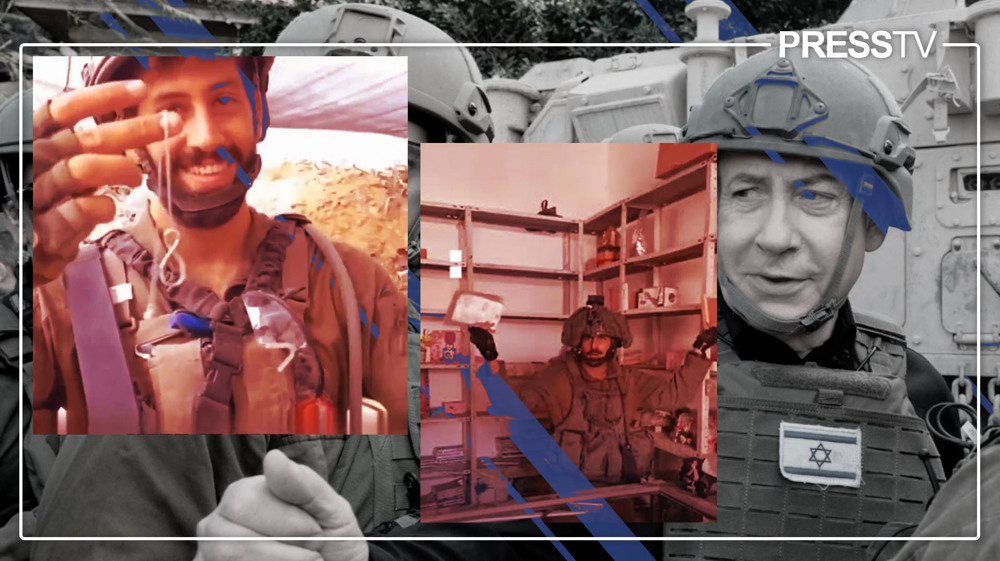
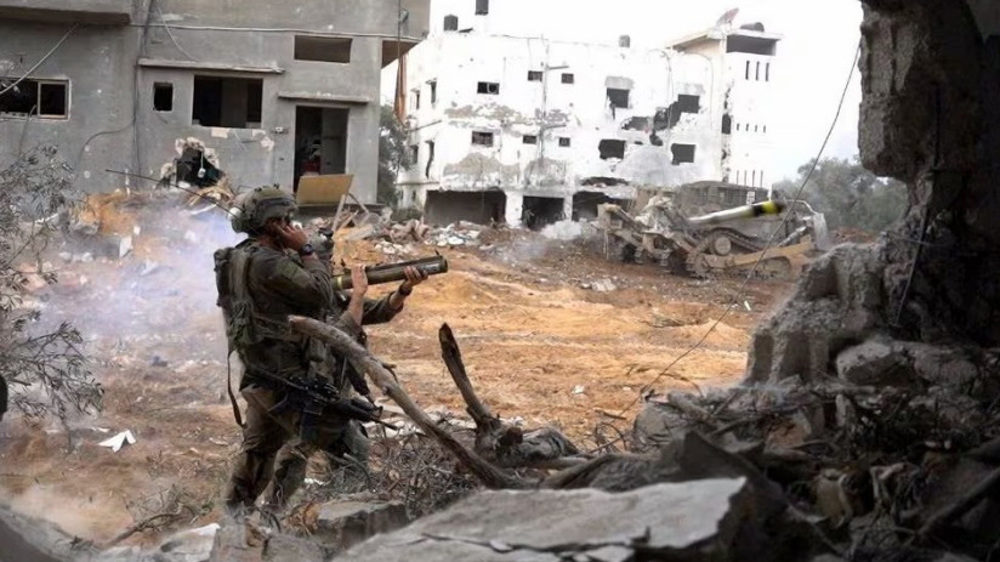
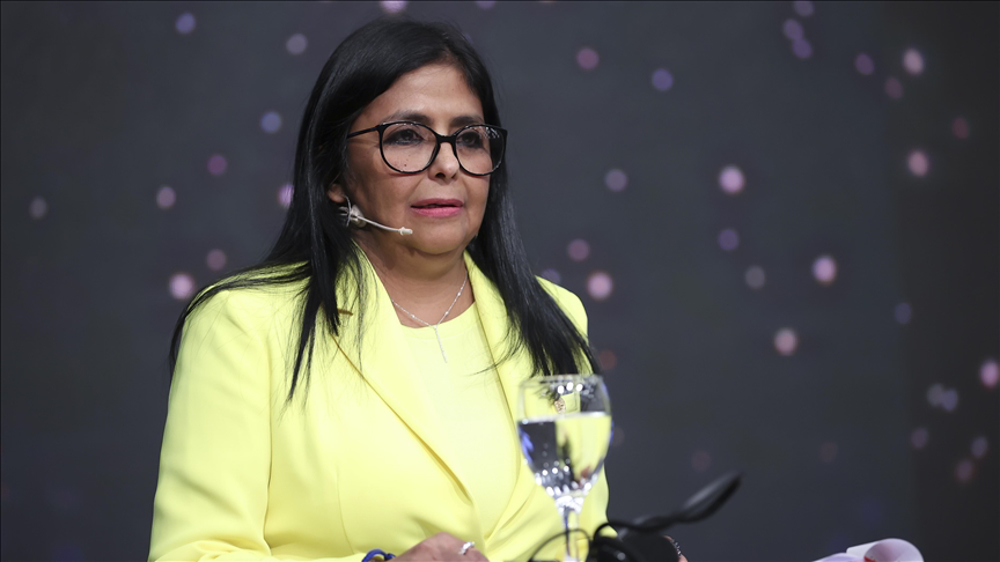
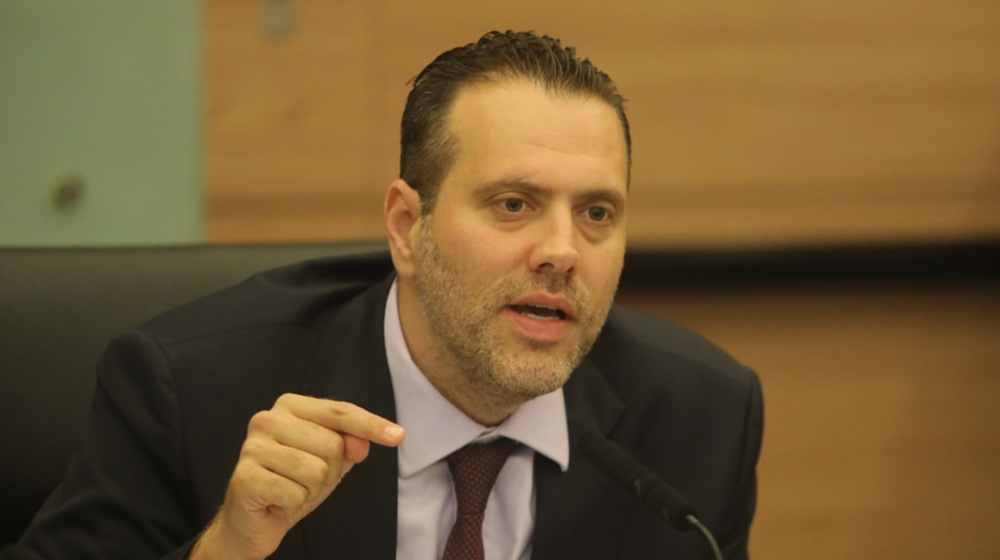
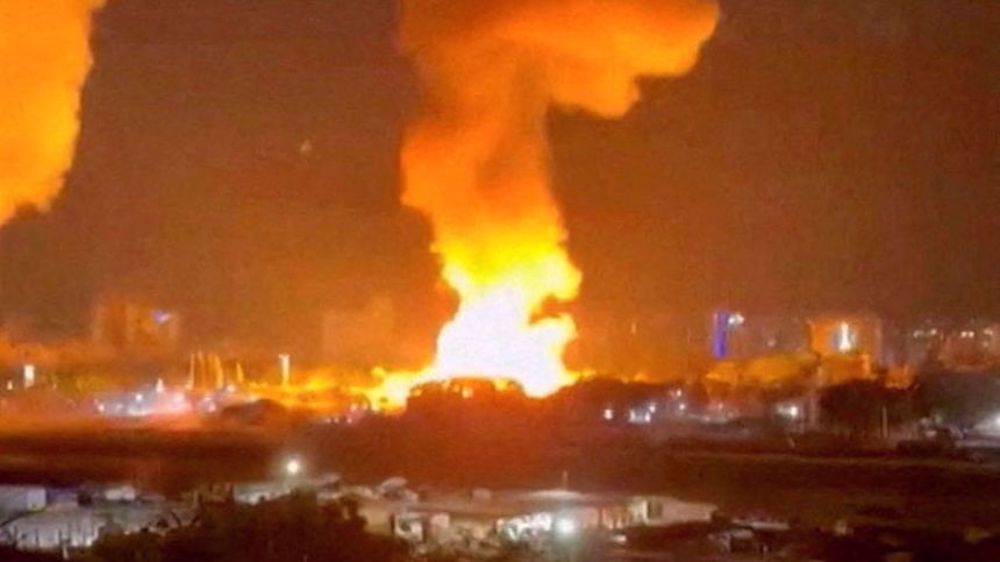



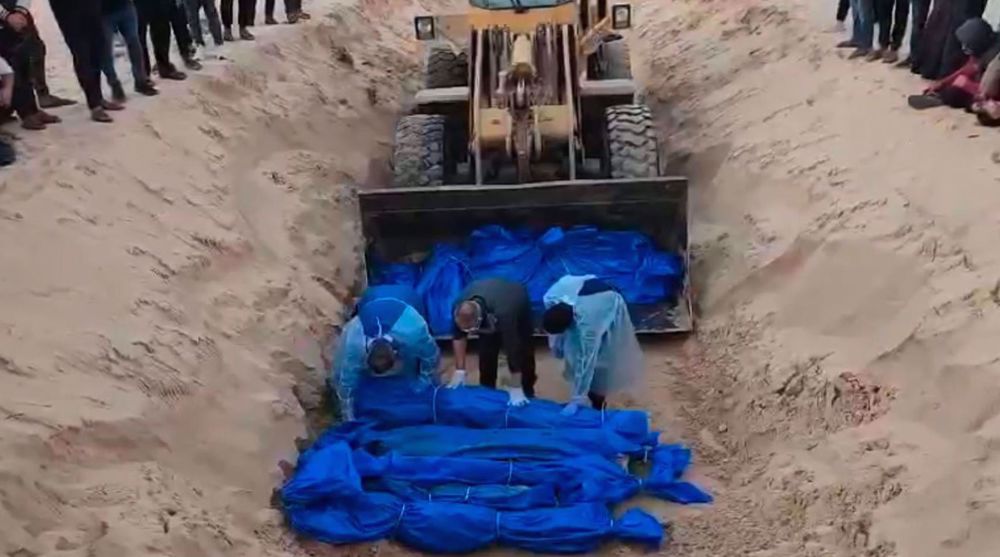
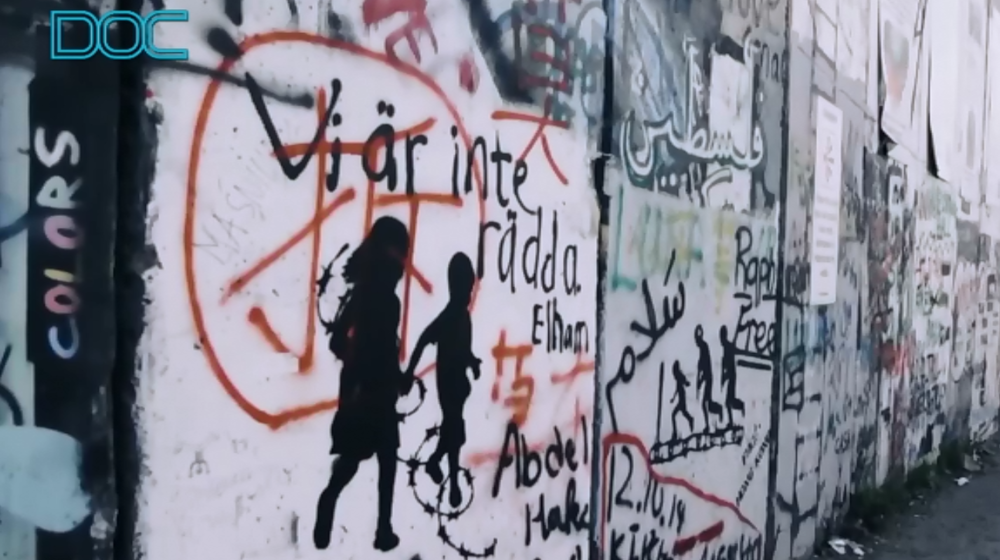



 This makes it easy to access the Press TV website
This makes it easy to access the Press TV website